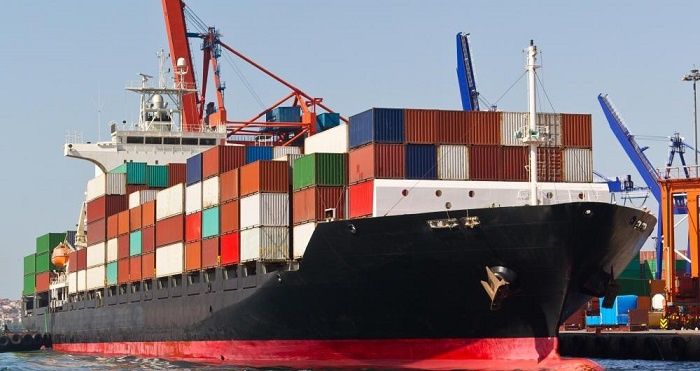
For all imports into Kenya, the Conformity Assessment Programme was brought in to check that goods imported into Kenya conform to National standards as of 1st December 2015
Additionally, it encourages importers not only to comply, but to understand the benefits.
What is the Certificate of Conformity (COC)?
PVOC is Pre-export verification of conformity to standards. It is a conformity assessment procedure applied at the country of supply/origin to ensure compliance of imported products with applicable Kenya Standards, approved specifications or applicable regulations.
Goods meeting the requirements of the relevant Kenya Standards or approved specifications will be issued with Certificates of Conformity (CoCs) as proof of compliance by KEBS appointed inspection agents.
When shipping, every consignment needs to have a COC certificate. These certificates are necessary to show that your products comply with the set standards for that particular country.
These certificates are issued by an authorized inspection body such as Intertek.
What Is the Certificate of Conformity (COC) for?
The Certificate of Conformity seeks to certify that goods being brought into Kenya are in line with the country’s regulations.
The Conformity Assessment Programme covers all types of goods, and exists for a number of reasons:
- To assure Kenyan consumers of the safety and quality of the imported goods they buy
- Protecting the health, safety, and environment of citizens from substandard imported goods
- To protect Kenyan manufacturers from unfair competition
- National security
- Protection of religious and public morals
- Protection of environment
- Prevention of deceptive practices
What is your role as an Importer/Exporter into Kenya?
Importers in Kenya
Ensure that your supplier knows about the quality requirements, and that any goods shipped come with a Certificate of Conformity accompanying them from a body such as Intertek.
Exporters to Kenya
Ensure that your consignment meets the requirements before shipping. This can be done by obtaining a Certificate of Conformity
For more information, visit this link on Intertek’s rules for Kenyan exporters
Frequently Asked Questions
Who pays for the inspection?
Depending on the destination, this can be done by either the importer/exporter and in some rare cases, by the government.
Are all goods subject to inspection?
Not all. Some goods may be exempt from inspection, while others may be prohibited from shipping altogether.
As of 1st December 2015 KEBS updated the list of items that are exempt from the COC requirements, and these now include:
- Goods already regulated by other government agencies such as the Pharmacy and Poisons Board (PPB), Kenya Plant Health Inspectorate (KEPHIS), Pest Control and Products Board (PCPB).
- CKD for vehicles imported by registered manufacturers
- Primary inputs imported by registered manufacturers subject to proof that the materials are direct inputs to the manufacturing process and the finished products made out of the said raw materials are certified by KEBS.
- Manufacturing plants and industrial spares for own use imported by registered manufacturers.
- Printed matter (textbook, magazines)
- Products certified by KEBS under the Diamond Mark Scheme
- Courier shipments through JKIA (Airport) which are currently cleared under the Memorandum of Understanding (MoU) between KEBS and Courier Industry Association of Kenya (CIAK).
Are items loaded in a car require a COC Certificate?
The answer is yes unless if being brought back as a returning resident then Personal effects imported to Kenya are however exempted but subject to local COC inspection
It is important that the items are manifested on the Bill of Lading to avoid any penalties in Kenya.
What if I had items in the car that have not been inspected?
Local COC inspection will have to be done in Kenya. It’s quite a lengthy, expensive and tedious process.
What about items in the car, that are not declared on the bill of lading and do not have a COC?
This is not recommended at all, as it will lead to delays, expenses and a huge problem for all parties in clearing the vehicle
Local COC inspection will have to be done in Kenya. It’s quite a lengthy, expensive and tedious process.
If the items in the car are not manifested then the CFS will have a problem with customs when stripping the container or transferring RORO vehicles from the port. In the worst case scenario a manifest amendment and CUSTOMS offense would be applicable.
What companies arrange the COC?
As per KEBS regulations in the UK there are two bodies SGS and Intertek, while QISJ has been mandated for all motor vehicles.

